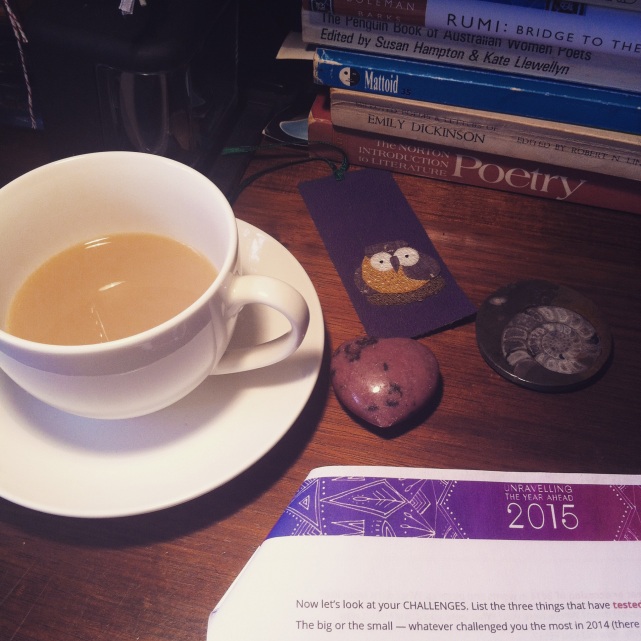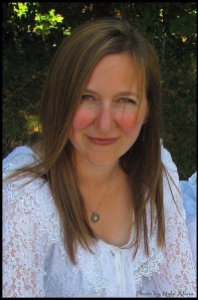FLOW: ‘Being completely involved in an activity for its own sake. The ego falls away. Time flies. Every action, movement, and thought follows inevitably from the previous one, like playing jazz. Your whole being is involved, and you’re using your skills to the utmost.‘
Mihaly Csikszentmihalyi in an interview with Wired: ‘Go with the Flow’
My word for 2015 is ‘flow’. When thinking about my word and focus for 2015, I knew it had to be something to do with creativity, writing, poetry and actually producing more tangible results.
When I reflected and searched for what would make this creativity happen, it kept coming back to flow as the essential active ingredient.
At first, the word came intuitively; then I sat down to reflect and test it further. I started with a mind-map and all sorts of connections arose:
- flow of writing – ink, words on a page, lines
- flow of ideas – associations, imagery, symbols, poetry
- flow of energy – water, breath, blood, tides, oceans, yoga, chi, chakras
- sacred flow – mandalas, Jung, archetypes, sacred geometry, alchemy
- shapes and movement – flow of a dress, narrative, stanzas, brushstrokes, dancing
- productivity – mind-maps, flow charts
Exploring with Pinterest I found more connections and associations, many tapping into special experiences and key symbols, like all was gathering around this word as a focal point for now and into the future picking up on the energy of the past.
So what’s flow all about really?
It’s about capturing the creative moment, being in the energy of it and enacting this.
It’s what you see, what you notice on a walk, looking up and around you. It’s what you pick up from the beach, it’s what you find on the bed of the sea-shore as you dive beneath the shallow waves.
It’s shells, rocks, birds, trees, the sound of cicadas in the background, aboriginal carvings, ancient landscapes, your feet in the sand, your skin in the water.
It’s what you choose to capture in a photograph or in a series of ink marks on a page. It’s what you select or craft to share with the world in various ways like social media, blogging or publishing
It’s what comes to you – symbols, associations, ideas – what you notice and connect, and the process and product of what you do with what comes.
It’s the energy kindled inside of you and the creative parts of you sparking again. It’s the promise of engagement with a wider flow of chakras, shakti, chi, oracles and your place in the energy of the world.
It’s knowing that the steps to get there are within reach, knowing that you have the know-how, that you recognise the pieces and components to connect and focus on from the sequence of days and years you’ve already traversed and invested your time and energy in. You know you’ve just got to harness this in a productive way and find the flame to ignite it all.
As Danielle LaPorte says in What it really means to go with the flow
“Going with the flow isn’t about being passive or lazy. It’s not about just letting things happen “to you”. It’s not aimless wandering. It’s a co-creative act.
“The flow” is the ocean of cosmic intelligence. It’s the substance that carries the whole shebang. The flow is life energy itself.
Going with the flow is responding to cues from the universe. When you go with the flow, you’re surfing Life force. It’s about wakeful trust and total collaboration with what’s showing up for you.”
It looks like an exciting journey with my word of the year in 2015. I know others have also chosen ‘flow’ as their word for the year and I look forward to sharing the journey with these special fellow travellers.
What words are showing up for you for this year and what are they suggesting? Would love to hear!










